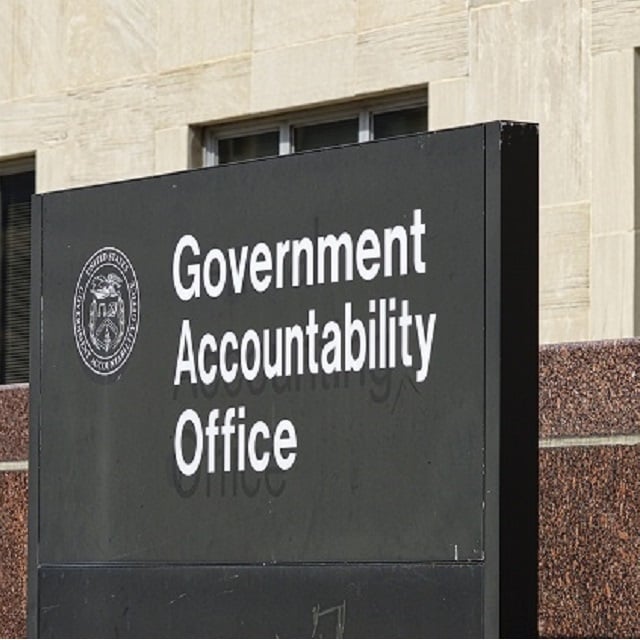GAO to DOL: Pay More Attention to 403(b) Plans

The Labor Department’s Employee Benefits Security Administration, the U.S. Securities and Exchange Commission, the Financial Industry Regulatory Authority, and the Internal Revenue Service all play roles in overseeing 403(b) plans and 403(b) plan investment menus.
Between 2010 and 2021, EBSA conducted 454 enforcement investigations of ERISA 403(b) plans. It identified violations at 70% of the plans and collected $35 million in enforcement-related payments.
Only 60 of the violations found were disclosure violations. At 321 plans, investigators found that the “fiduciary did not discharge duties solely in the interests of the participants and beneficiaries, for the exclusive purpose of providing benefits to participants and their beneficiaries and defraying reasonable expenses of administering the plan, and with the care, skill, prudence and diligence under the circumstances that a prudent person acting in a like capacity and familiar with such matters would use.”
The SEC oversees broker-dealers that work with 403(b) plans, and the variable annuities and mutual funds on the plan investment menus. It told the GAO that “many” of the 3,000 investigations it conducts each year relate to activities involving 403(b) plans, but it had no 403(b) plan investigation data.
Since 2005, FINRA has brought 28 disciplinary actions against broker-dealers and associated persons that mention 403(b) retirement accounts, according to the GAO team. Two involved violations of FINRA variable annuity sales rules.
The IRS looks at whether 403(b) plan participants are complying with tax-related rules, such as maximum contribution rules. The agency completed 1,912 examinations involving 403(b) plans from 2011 through 2020, and 82% of the examinations turned up compliance problems.
The 403(b) plan program is complicated, and it’s “challenging for a plan or service provider to be in full compliance with all of its provisions,” according to the GAO summary of the IRS perspective.
GAO Recommendations
The GAO team suggested that the Labor Department provides less information about 403(b) plans than about 401(k) plans, and that some sections of its website that talk about 401(k) plan rules fail to mention what rules apply to 403(b) plans.
The department should start by offering the same kinds of tools and information for 403(b) plan sponsors and participants that offers for 401(k) plan sponsors and participants, the team said.
The team did not recommend other changes itself, but it described ideas identified by the stakeholders and experts interviewed for the report.
“For example, they suggested establishing fiduciary duties for non-ERISA plans in some states that are not subject to such protections can help protect participants’ interests. Also, they said requiring distribution of standardized information on investment options’ returns and fees for participants in non-ERISA plans would promote transparency,” the team said.
Experts also called for letting the plans put assets in collective investment trusts and other investment vehicles, such as real estate investment trusts.
Working with investment management and fee management consultants is another way for 403(b) plan managers to improve their performance, the GAO team said.
“Several stakeholders we interviewed expressed concerns that some 403(b) plan sponsors did not have enough knowledge of the retirement plan industry to prudently manage these plans or their investment options without hiring outside help,” the team concluded.
Credit: Thinkstock




